Prime Minister Benjamin Netanyahu responded with anger Tuesday after a former senior military official said Israel risked becoming “a pariah state” over the war in Gaza.
“A sane country does not wage war against civilians, does not kill babies as a pastime, and does not engage in mass population displacement,” Yair Golan, a left-wing opposition voice and the former deputy chief of staff of the Israeli army, said in a charged interview with local radio station Reshet Bet.
Comparing Israel’s actions to those of South Africa’s during the decades of apartheid, the leader of the small Democrats party and longtime critic of Netanyahu, added, “The Jewish people, who have endured persecution, pogroms, and genocides throughout our history .. are the ones now taking actions that are utterly unconscionable.”
Golan’s words drew swift condemnation, with Netanyahu calling them an “outrageous incitement against our heroic soldiers and against the State of Israel.”
Israeli defense minister Israel Katz called the comments “vile blood libel against our regular and reserve soldiers,” while the far-right finance minister, Bezalel Smotrich, said Golan “knowingly spreads lies, defames Israel and the IDF in the eyes of the world.”
Meanwhile, former Israeli Prime Minister Ehud Barak called Golan “a brave, direct man,” adding that his comments referred to Israel’s political leaders, not soldiers.
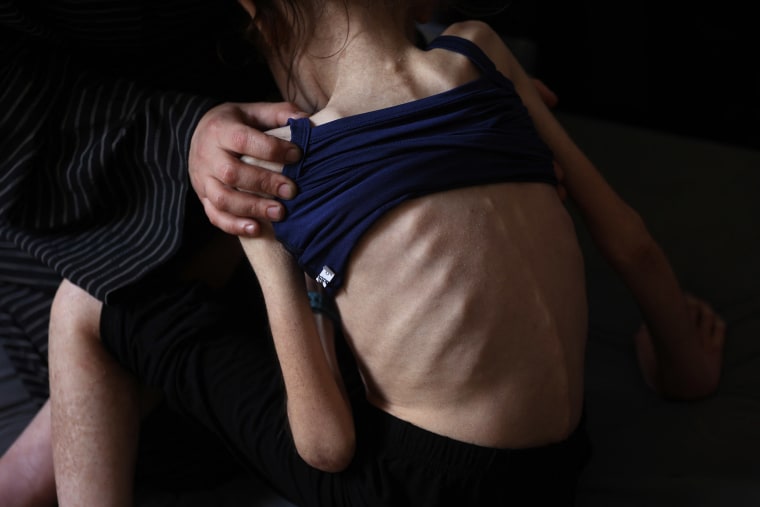
The comments come as Israeli forces have intensified their bombardment of the Gaza Strip in recent days, with Netanyahu on Monday vowing to “take control” of the entire enclave to defeat Hamas and ensure the release of the 58 remaining hostages under its captivity, of whom 23 are believed to still be alive.
More than 600 Palestinians have been killed by Israeli strikes in the past four days, according to Dr. Marwan Al-Hams, director of Gaza’s field hospitals.
Pressure is growing internationally for Netanyahu’s government to change course in Gaza, where 53,000 people have been killed, and many more maimed, according to the Palestinian Health Ministry.
On Tuesday, Britain paused free trade talks with Israel, summoned its ambassador, and announced further sanctions against West Bank settlers after Prime Minister Keir Starmer said he was horrified by the military escalation in Gaza.
Starmer’s Foreign minister David Lammy said the offensive was not the way to bring remaining hostages home and he called for Israel to end the blockade of aid into Gaza. “We cannot stand by in the face of this new deterioration. It is incompatible with the principles that underpin our bilateral relationship,” he told lawmakers.
Israel’s foreign ministry said in a statement that it was the British government’s “own prerogative” if it was “willing to harm the British economy.”
The British decision came a day after it joined France and Canada in threatening to take “concrete actions” against Israel on Monday, calling the handful of aid trucks it allowed to enter the strip on the same day after an 11-week blockade “wholly inadequate.”
In a joint statement, the countries’ leaders said they would go so far as imposing “targeted sanctions” if dramatically more aid wasn’t allowed to enter Gaza.
Netanyahu lashed out at the joint statement from his Western allies in a post on X, calling it “a huge prize for the genocidal attack on Israel” carried out by Hamas on Oct. 7, 2023, during which 1,200 were killed and 250 were taken hostage, according to Israeli counts.
The comments came as five United Nations aid trucks, carrying vital baby food, were allowed into Gaza on Monday after Netanyahu agreed to lift an aid blockade imposed March 2.
The blockade on food, medicine and other essential aid has raised fears of famine in the enclave.
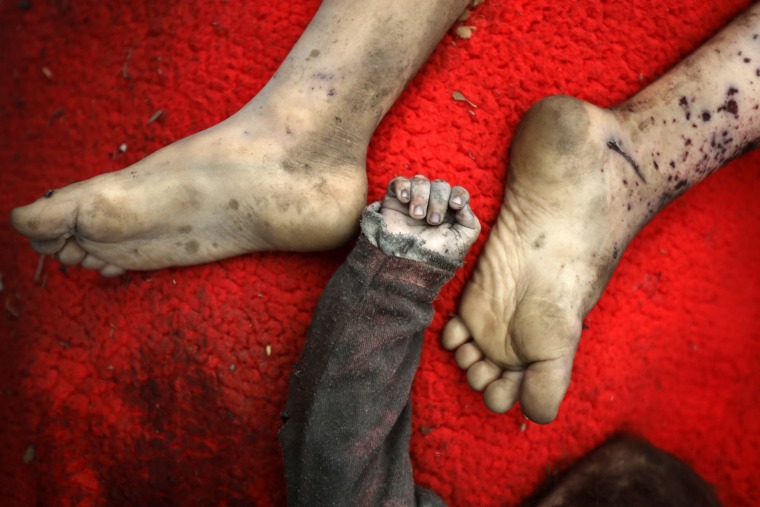
Around 14,000 babies in Gaza could die in the next 48 hours if more aid trucks did not reach the population, U.N. humanitarian chief Tom Fletcher told the BBC on Tuesday.
In an earlier post on X, Fletcher confirmed the trucks’ entry into Gaza, calling the convoy “a drop in the ocean of what is urgently needed.”
But Amjad Al-Shawa, chairman of the NGO Network, said Tuesday that no aid had been distributed so far as the trucks remained parked near the Kerem Shalom border crossing.
The U.N. estimates that at least 500 aid trucks and 50 fuel trucks need to enter the Palestinian enclave daily to avert the crisis.
Israel has accused Hamas of stealing aid, a charge denied by the group. Netanyahu on Monday said the “minimal aid” entering Gaza was a bridge toward launching a new aid system in which the U.S.-backed Gaza Humanitarian Foundation would distribute supplies in hubs monitored by the Israeli military.
The aid into Gaza came as Israeli airstrikes in the besieged enclave killed at least 88 people overnight.
On Monday, the Israeli army ordered residents in the southern city of Khan Younis to evacuate before launching an “unprecedented attack” that displaced thousands.


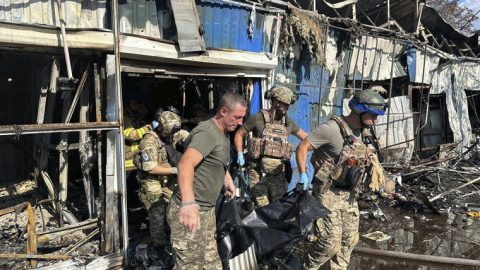
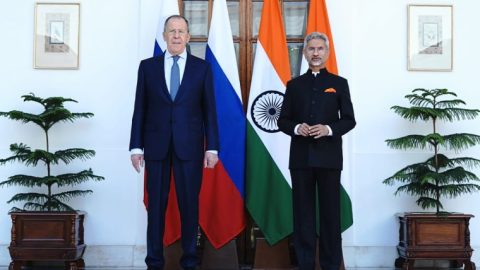
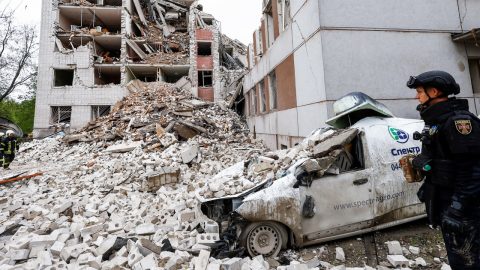
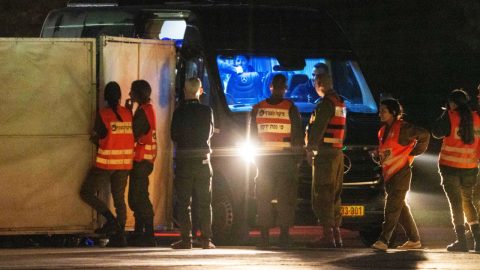
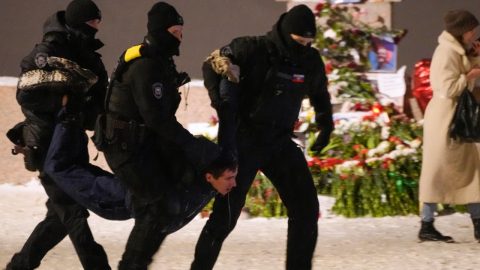
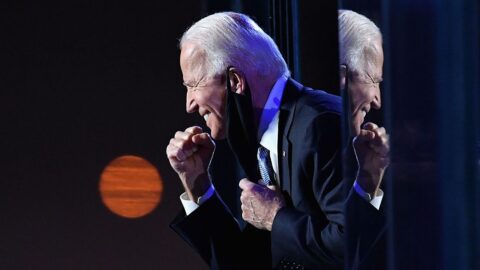
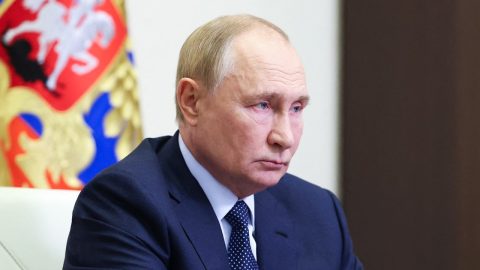
Recent Comments